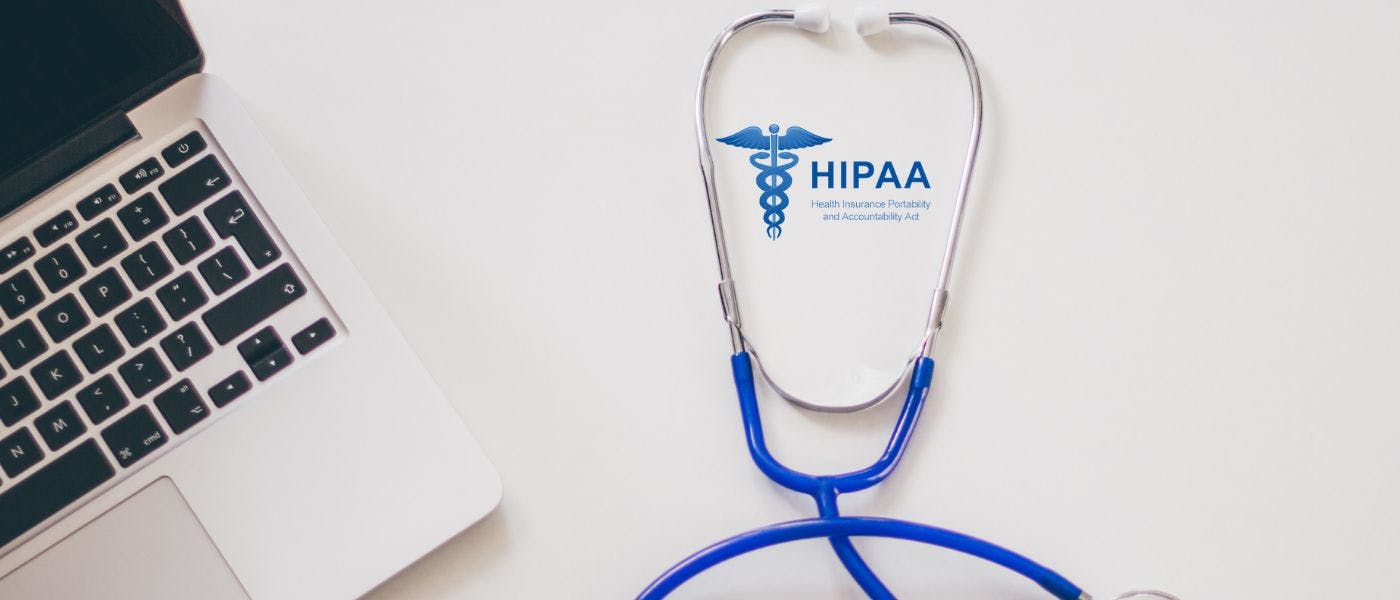137 reads
The Importance of HIPAA Compliance to Protect Sensitive Data
by
June 26th, 2021

Marketing is like a war and I'm here to train new warriors through powerful writing :)
About Author
Marketing is like a war and I'm here to train new warriors through powerful writing :)
